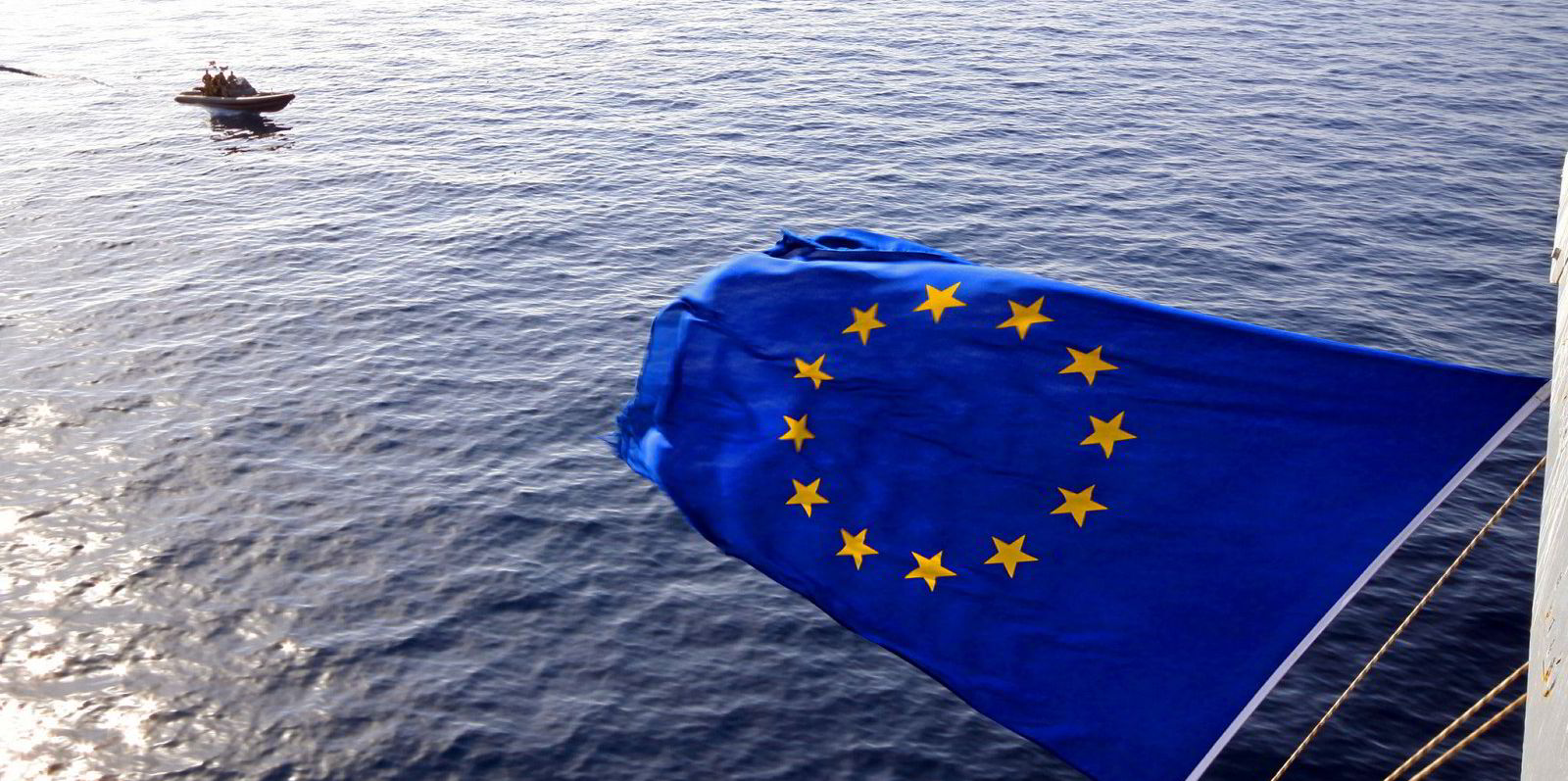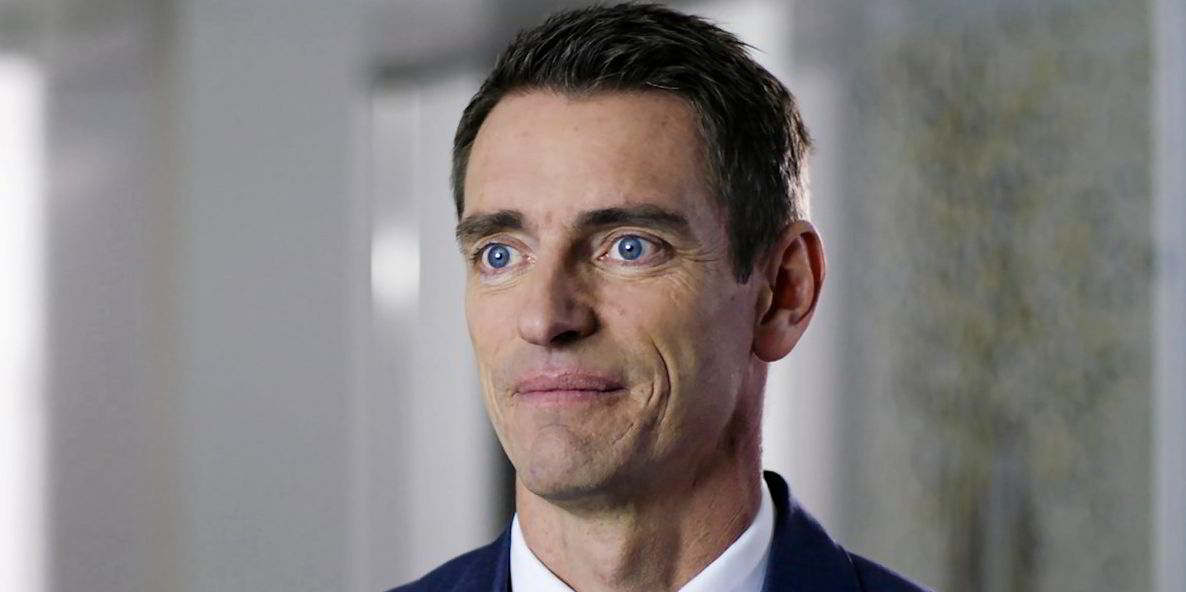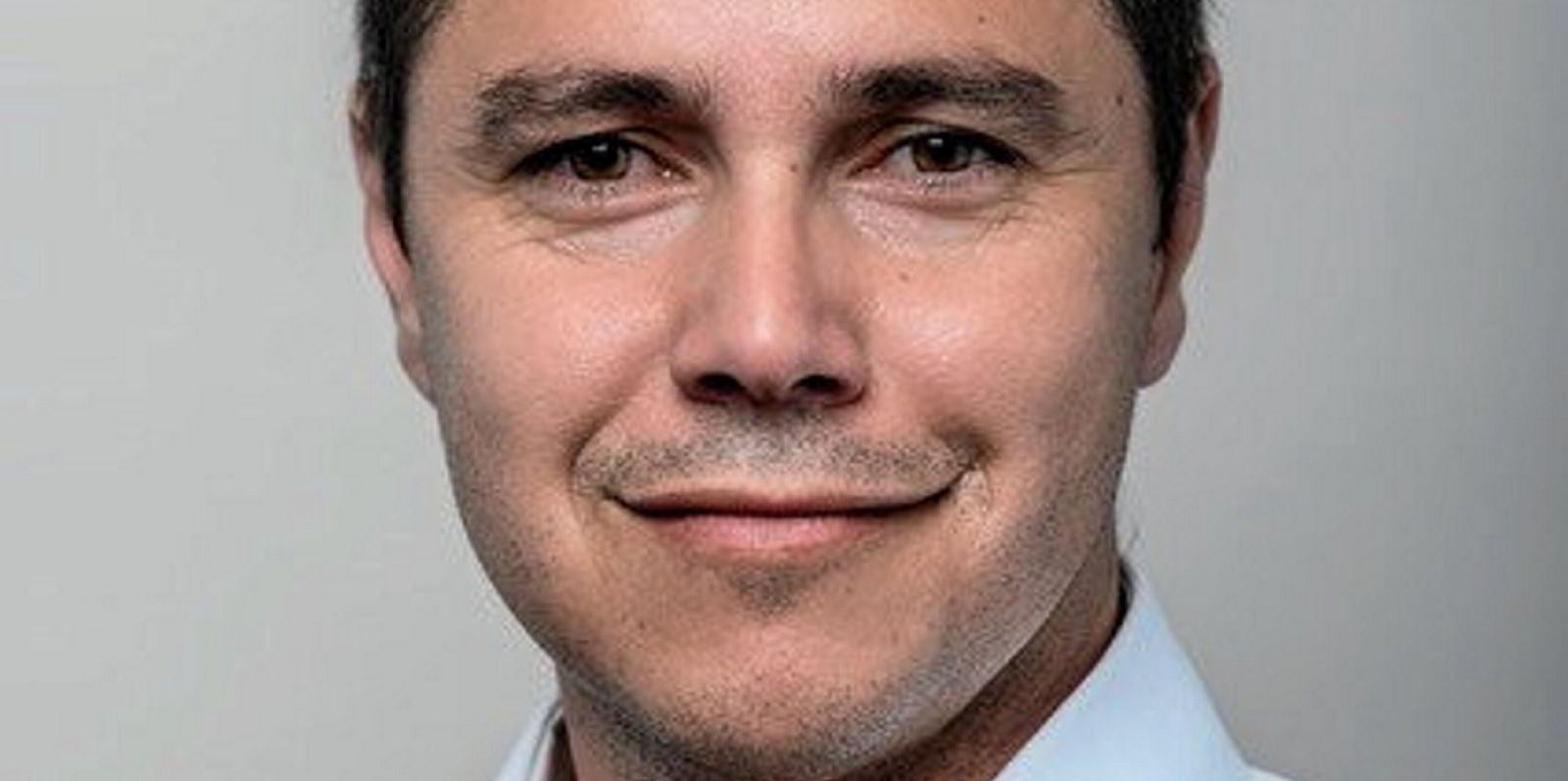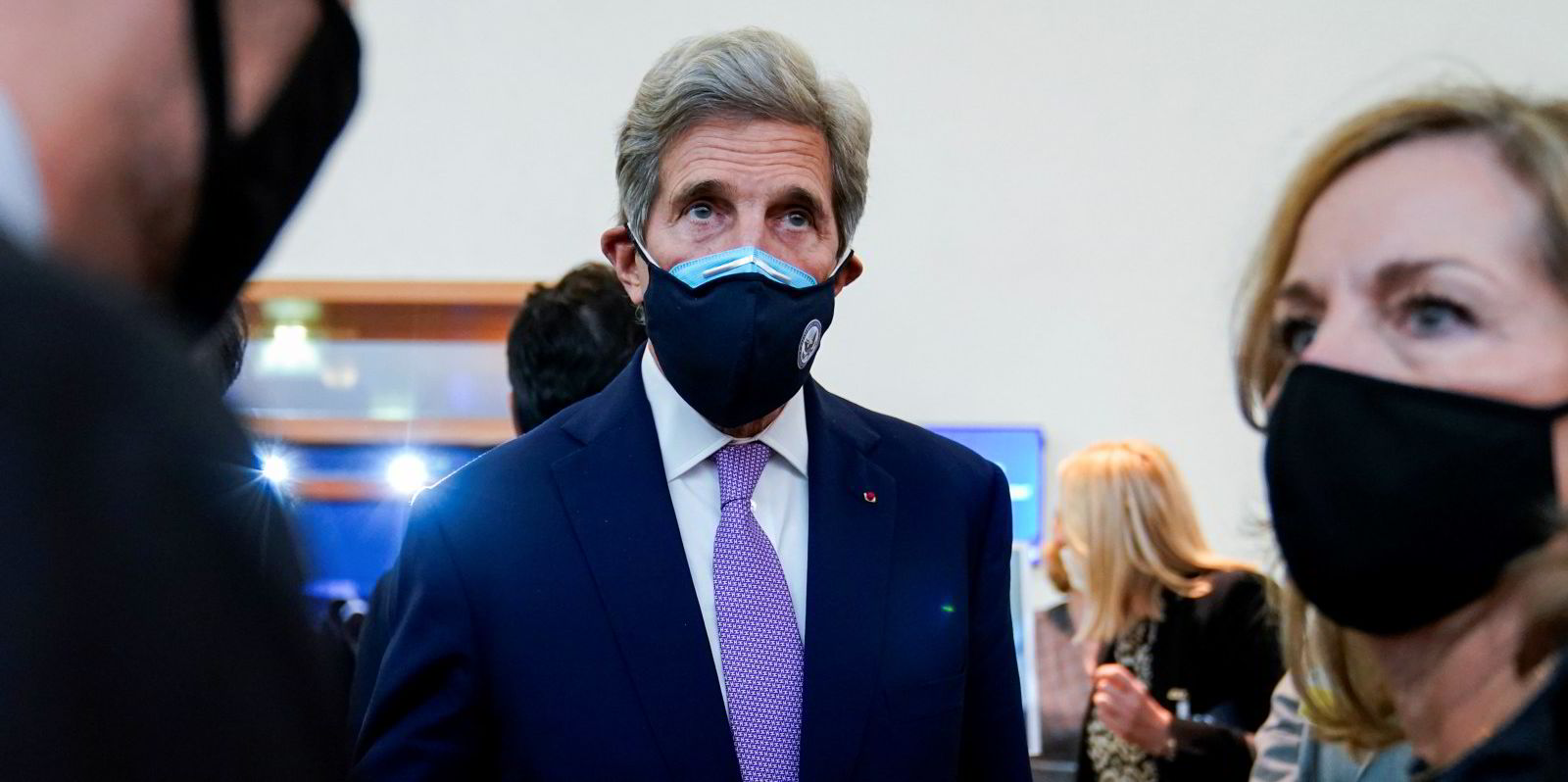The European Union, International Maritime Organization and government regulators need to step up efforts to introduce carbon levies to enable charterers to bridge the cost gap to low and zero-carbon fuels, Trafigura global head of fuel decarbonisation Rasmus Bach Nielsen says.
Speaking at the Arctic Securities Energy Transition Summit, Bach Nielsen said: "We believe that charterers can pay for the transition but we need to have clear and firm regulations to ensure a level playing field.
"Regulators need to understand that they have a huge responsibility and if they don't take this up, it is letting themselves and society down, because we have an opportunity to decarbonise shipping, but we need them to participate and help us."
Bach Nielsen said it is hard to find green fuels, as there has been little investment because the demand is not there and the cost gap to them is significant.
He said green ammonia on a forward basis delivering 2027 would cost at least $600 per tonne, but its calorific value is 2.3 times less than the higher-CO2-emitting fuels of today.
That gives an implied additional shipping cost of $900 per tonne.

Bach Nielsen said all organisations have to participate in bridging that gap.
This will require macro regulation so that firm demand signals can be sent, the fuels produced and vessels ordered. He believes market forces will move on creating the infrastructure once the demand and supply materialises.
Trafigura — 58% of whose group greenhouse gas emissions in 2020 were from shipping — wants to see a CO2 intensity benchmark put on all fuels using a full life-cycle assessment of their production.
Bach Nielsen said for higher-rating ships, charterers would be penalised but they would get subsidies for using lower-rating vessels.
He said this will drive behavioural change and over time will push owners and operators to deliver what clients need.
Totally unacceptable

But he said it is important that funds raised are distributed back into the industry.
He revealed that the EU is discussing using "a good part of the funds" raised through its Emissions Trading System and maritime initiatives for Covid relief support.
Bach Nielsen said this would take billions out of shipping that should be used to cost-neutralise low and zero-carbon fuels.
He described the moves as "totally unacceptable" and believes the industry is largely unaware the EU is considering this.
EU regulation to decarbonise shipping can help push the IMO, he said, adding: "And the IMO needs to get pushed."
He called on energy and climate ministers attending COP26 to agree and understand that shipping needs to decarbonise sooner rather than later and for IMO member delegations to be given the authority to bring forward the global carbon levy agenda.
Bach Nielsen said the IMO then needs to accelerate carbon levy discussions at its next Marine Environment Protection Committee meeting in November.
"Is this feasible? It is absolutely feasible, because all the stakeholders around us want it," he said.
"The snowball is rolling. We just need it to get a little bit bigger and then it will be unstoppable."





